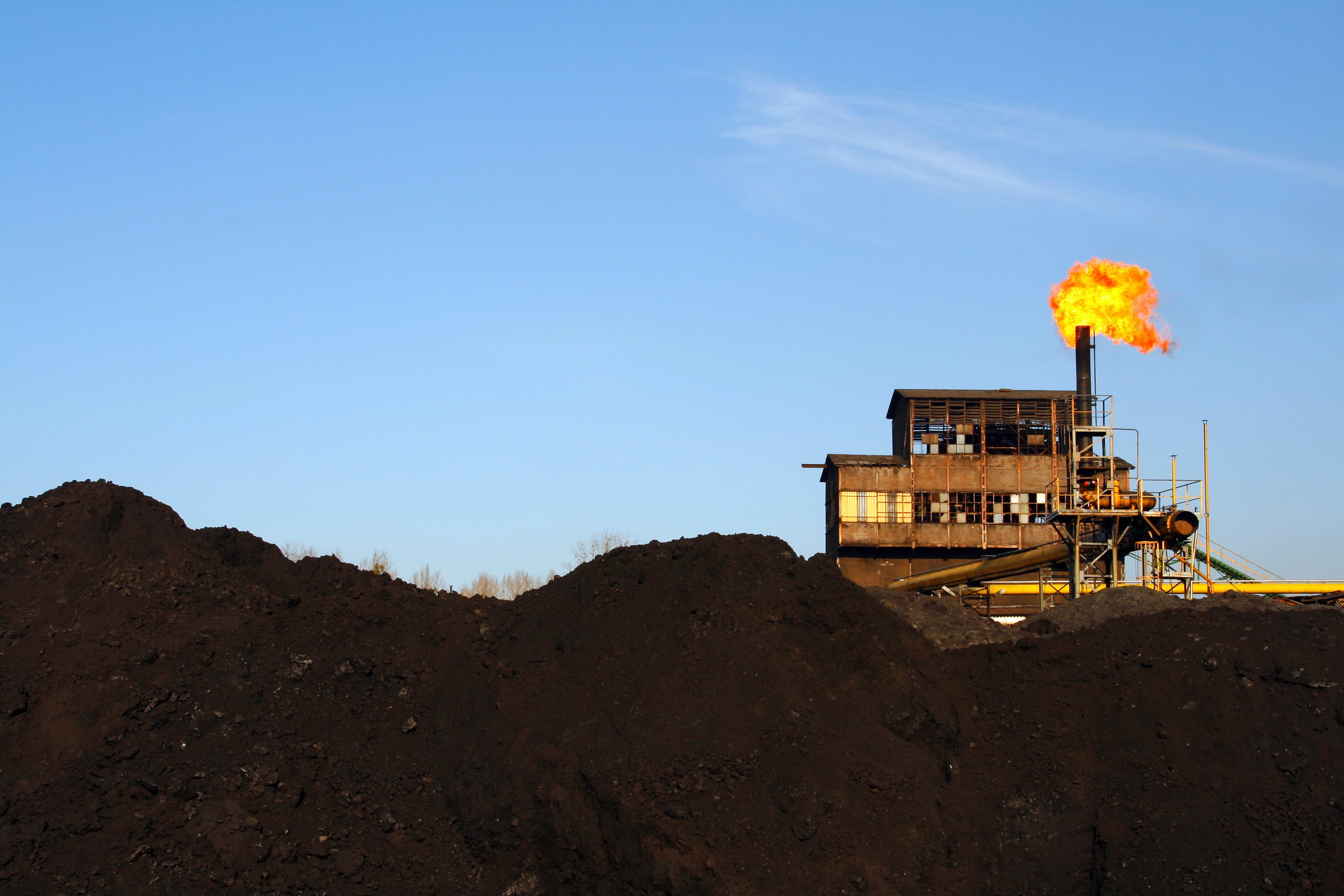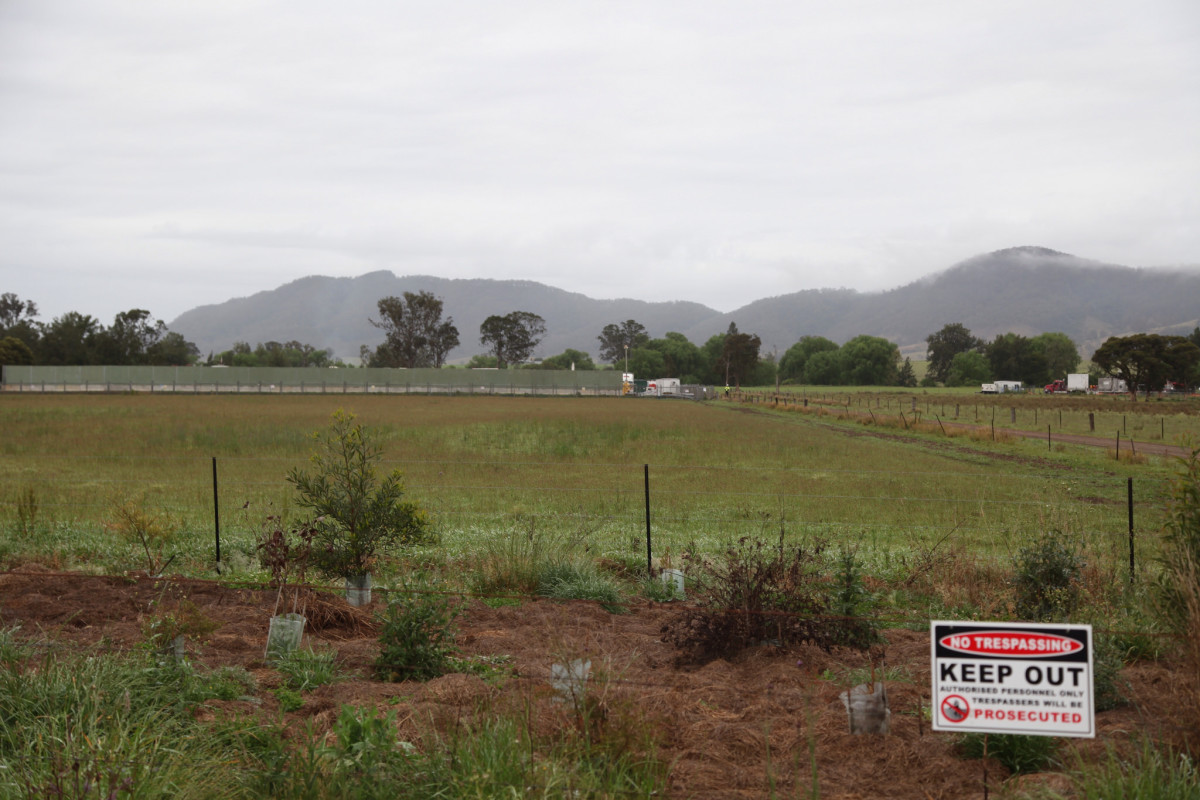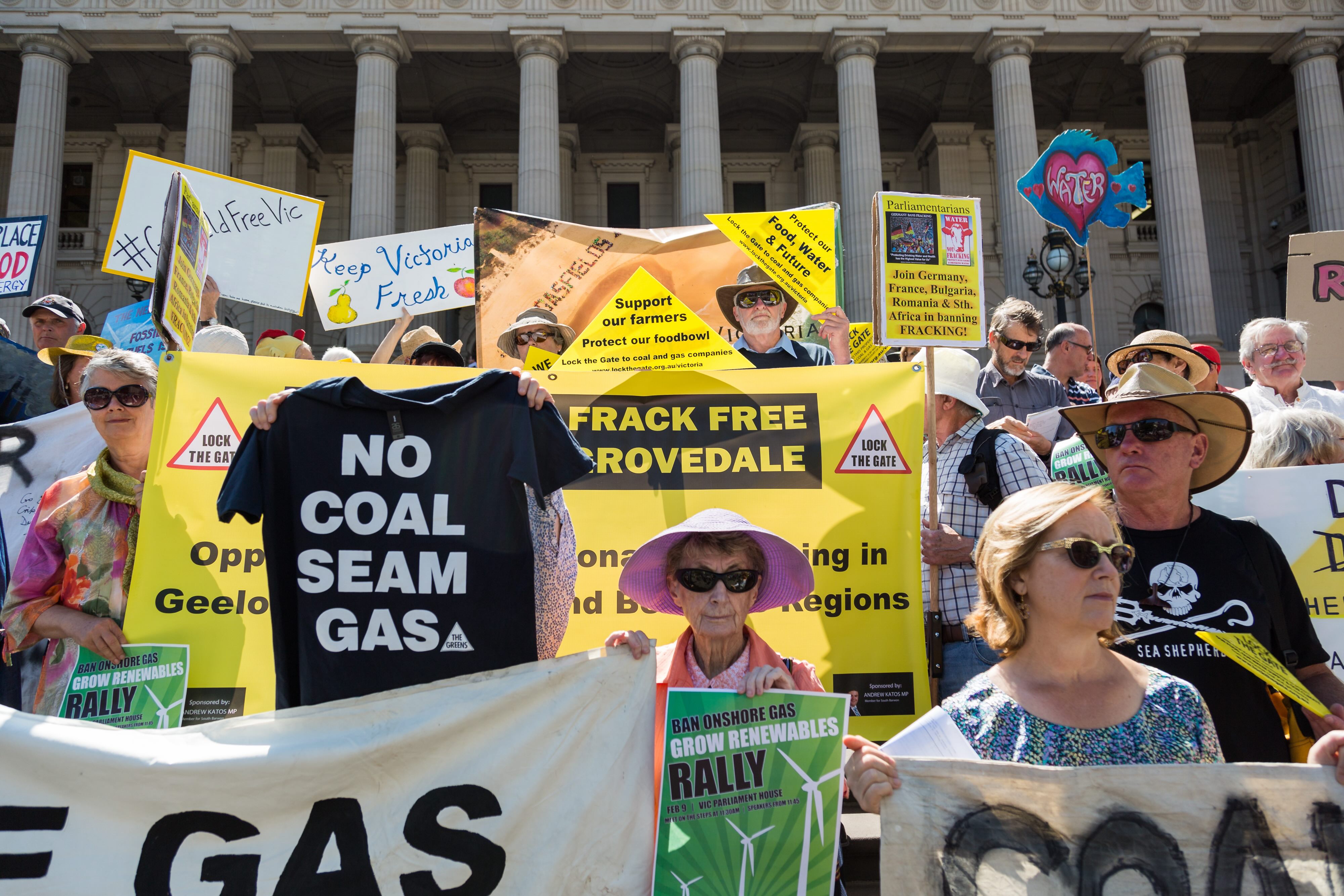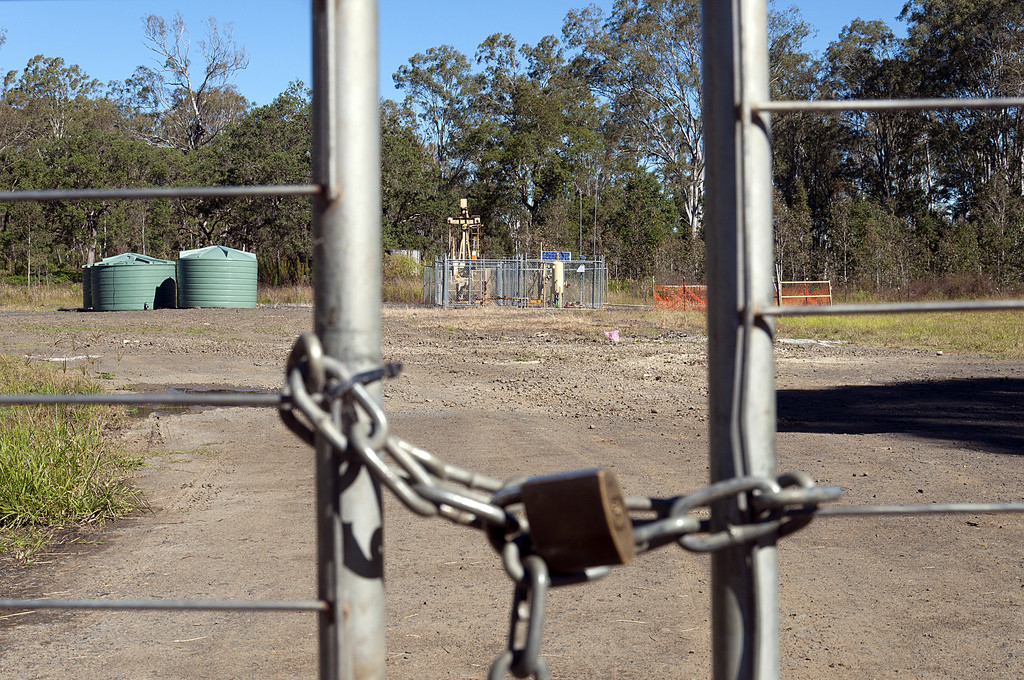
Sciences & Technology
Is the Australian gas shortfall a myth?

Did community opposition have a role in AGL’s decision to quit exploration of natural gas? If so, what does this say about corporate valuing of community concerns?
Published 12 February 2016
There was a collective sigh of relief throughout New South Wales and Queensland in response to energy giant AGL’s official statement that, “it has taken a strategic decision that exploration and production of natural gas assets will no longer be a core business for the company due to the volatility of commodity prices and long development lead times.”
Before the announcement, coal seam gas (CSG) proponents enthused about the fossil fuel’s potential to reinvigorate a cooling Australian resources industry.

According to developers, exporting this resource to energy-hungry Asia would have been a boon for the sputtering Australian economy, especially for the east coast of New South Wales.
These economic arguments occurred alongside heated debate and global concern about technological practices and chemicals commonly used in the extraction process, especially hydraulic fracturing (fracking).
Gloucester, a pastoral town about 200 kilometres from Sydney, had well-organised community opposition to the coal seam gas project with groups like Lock the Gate and Groundswell Gloucester.

Sciences & Technology
Is the Australian gas shortfall a myth?
While the withdrawal was hailed as an important victory by the activist groups, the official reasoning – which made no mention of the effects of community activism – must have been disappointing to those who have dedicated extraordinary time and energy to the cause.
For these groups, the fight to end CSG has been and will continue to be one that reflects the deep connection of many in these communities to the local environment.
As the NSW Chief Scientist and Engineer’s official 2013 investigation into the industry noted: “(Land) strikes an emotional chord due to the strong connection people have with their land and its central role in the livelihood of rural communities.”
Yes, extraordinary macro-economic factors are undeniable – global oil prices are at 12-year lows with the International Energy Agency predicting even lower prices as the year progresses – but protests must have contributed.

This discrepancy between official reasoning and community experience should not be overlooked.
It reflects ongoing tensions between corporations’ broader commitments to social and environmental performance against continued prioritisation of the financial over the community.
Although action groups and NSW Greens mining spokesman Jeremy Buckingham invoked AGL and CSG’s lack of a ‘social licence to operate’ as critical to the pull-out, such a licence remains difficult to pin down.

Politics & Society
How the UK is handling climate politics
Research is making in-roads into measuring a social licence and also integrating it with impact assessments used to understand corporate effects on local communities. And costs of community conflict have been quantified.
These are important steps in facilitating the better valuing and inclusion of community concerns into corporate reasoning.
But when it comes to business’ decision-making, it seems that social factors still lag behind financial.
This is important. If, as the AGL statement suggests, the decision taken was purely financial, what does that mean for communities’ ability to use a social licence to assert their rights?
If social factors cannot be used as a legitimate corporate driver for exiting projects- – or at least acknowledged as a contributing factor – what does this say about corporate valuing of community concerns?

The absence of community factors in AGL’s announcement also masks the extensive community engagement work the company has undertaken during its time as a CSG explorer and developer.
Even in its exit, the company is committing to a $AU2 million Independent Trust Fund for economic development in Gloucester and did briefly reference “work to bring benefits to communities”.
This commitment suggests that concern for social performance and attention to community perspectives (which necessarily precede it) remain important to AGL.
It is perplexing that these aspects were not acknowledged.

Environment
Canada’s first climate change election
Commentary in the days following the announcement also reminds us of diverse opinions within even the most tightly knit communities.
Not all in Gloucester were celebrating AGL’s imminent exit from this controversial industry.
Following the announcement, pro-development community group Advance Gloucester lamented economic opportunities lost but cited potential in AGL’s commitment to local community investment and possible, future renewable energy projects.
The group’s position reflects emerging conversations in the Northern Territory where a group of landholders is questioning a proposed moratorium on hydraulic fracturing, citing economic development opportunities they do not believe possible otherwise.

While AGL’s withdrawal – regardless of motivation – represents a major step forward for anti-CSG causes, it simultaneously raises further questions.
Will Santos also find CSG lacking in viability? And if these majors exit, will a CSG development gap be filled by smaller and potentially less responsible companies?
Doubts about whether and who might pursue the CSG industry in Australia occur amidst ongoing, global questioning about the impacts of the ‘unconventional’ gas industry.

Sciences & Technology
Nature restoration no substitute for cutting fossil fuels
Researchers from Harvard University, for example, recently detected that US methane emissions increased more than 30 per cent between 2002-2014.
The researchers emphasise that this increased cannot yet be linked to any particular source but also note that US oil and gas production is up by 20 per cent and shale gas production increased by a factor of nine during the period.
Discussions about the issues raised here are vital. And more information is required to make informed decisions.
Another recent report from the US suggests that, “Australia has to learn from the US experience by ensuring that environmental baselines are established so that it is possible to prove or disprove if environmental, human health, and safety harm has occurred”.
Late in 2015, a Sydney meeting of world leading scientists, similarly found that, “unconventional gas can be produced in a manner that is environmentally responsible and that provides significant societal benefits, provided leading practice is followed.’
So, the CSG debate is not over.
And while moratoria like that in Victoria remain, scientific evidence and an environmental baseline are critical if the best decisions about Australia’s unconventional gas – in either direction – are to be taken.
Banner: Getty Images